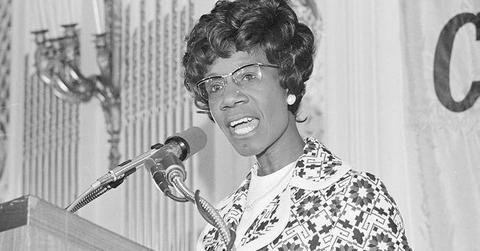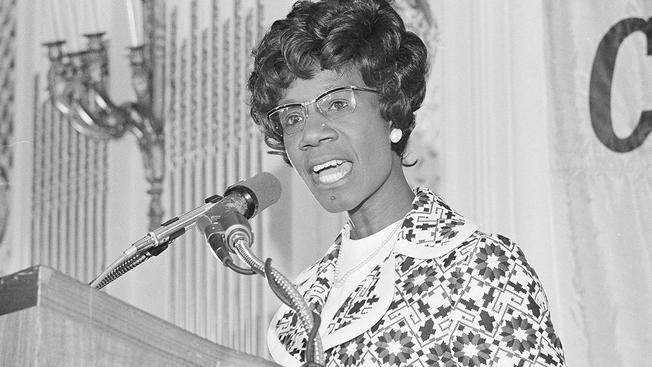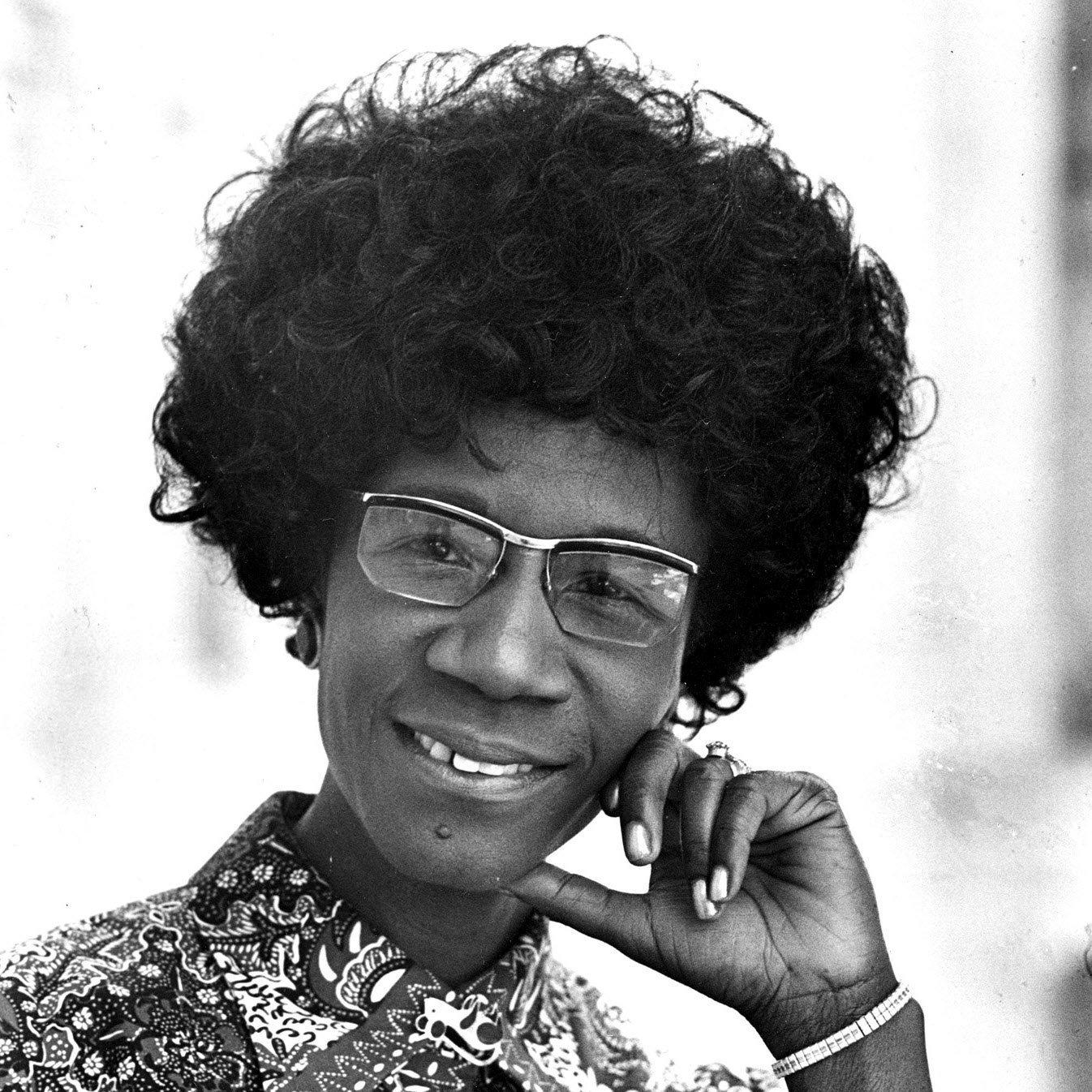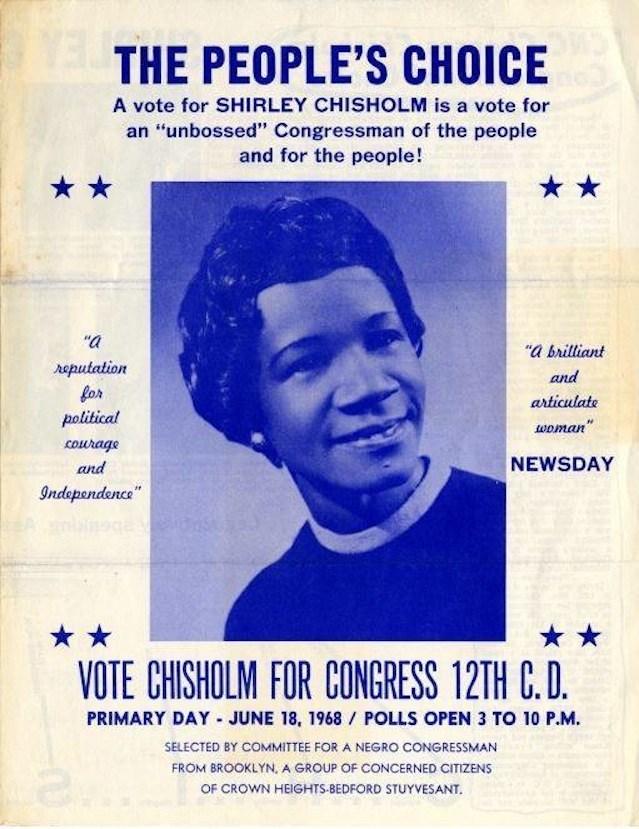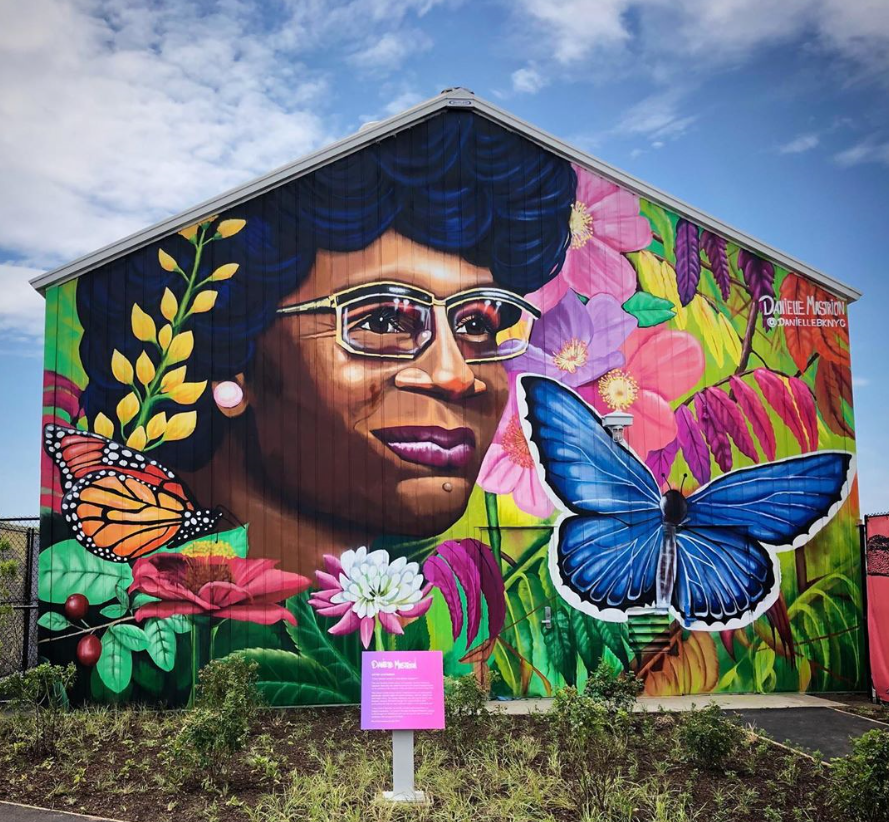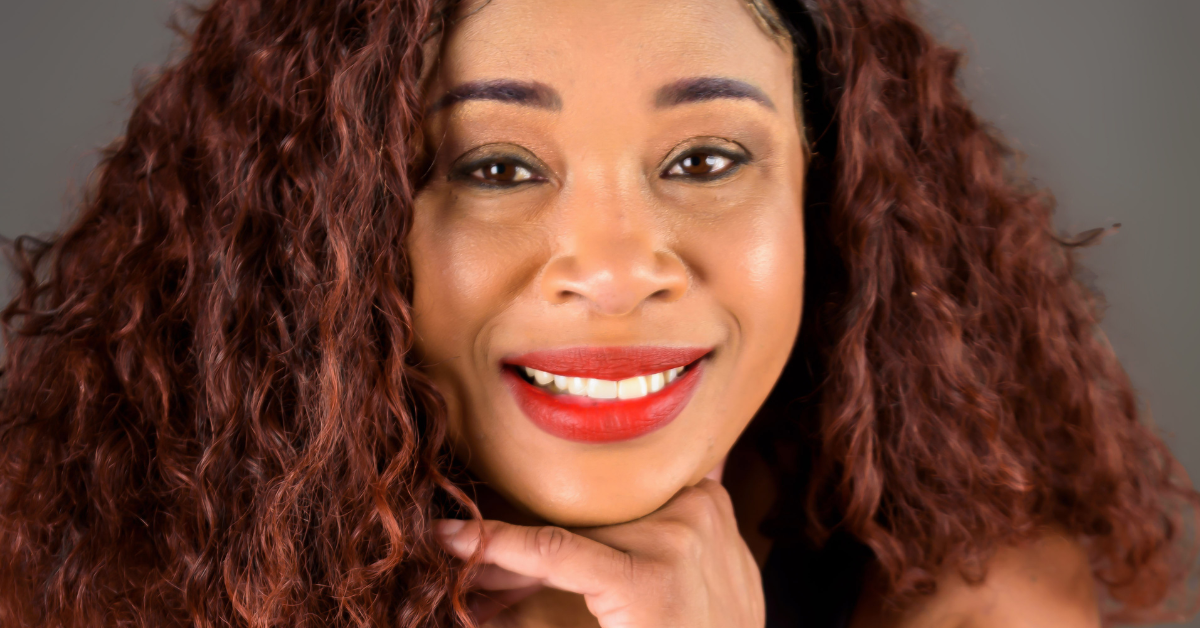How Shirley Chisholm Impacted Congress And New York
It’s been 50 years since Shirley Chisholm’s exit from politics after 15 years of service in Congress. The end of her political career was not the end of her legacy, or of an era. It was the beginning of opening the floodgates for Black women stepping into the political arena, whether they’re invited or not.
She once now famously said, “if they don’t give you a seat at the table, bring a folding chair.” Chisolm certainly brought that and more as the first Black woman to be elected to Congress and the first Black person to run for president. And now the world is giving her legacy more than a seat, she’s getting a number of statues and parks created in honor of her incredible impact. A movie and television series will be produced about the politician’s life, sources tell the New York Times.
Congresswoman Yvette Clarke, of New York’s 9th District, is the only Black woman currently representing New York. She credits Chisholm’s trailblazing efforts with why she, a Black woman, and women of Native American and Muslim backgrounds, is currently able to work for Congress.
In an emailed statement, Congresswoman Clarke said, “Together we [the 116th Congress] are working on issues Shirley Chisholm would be proud of–like fighting for the rights of immigrants and women and having access to affordable health care and prescription drugs, as well as affordable housing.”
Prior to her career as a politician, Chisholm simultaneously worked as an educator and earned degrees from Brooklyn College and Columbia University in sociology and early childhood education, respectively. She spent four years at the New York State Assembly, and after two terms, entered national politics.
With the slogan of “unbought and unbossed,” Chisholm became a member of the 91st Congress in 1969 with two African American men. Including Chisholm, there were nine Black representatives of the United States. Of 13 total founders, she was the only female founder of the Congressional Black Caucus which, today, is run by two Black women.
Chisholm never lost sight of the values held by her neighbors once in Congress. She campaigned on the streets and spoke Spanish to connect with constituents, and referred to herself as ‘Fighting Shirley.’ For seven terms, until 1983, Chisholm spoke out against the Vietnam War and advocated for low-income, working families.
Shirley Chisholm is now seen locally and remembered in Brooklyn through the Shirley Chisholm State Park, which officially opened in July 2019 and spans 407 acres. Once a landfill, the park offers hiking, biking, and fishing, and scenic views of its Jamaica Bay location. According to NY Governor Andrew Cuomo, The Shirley Chisholm Park is the largest of its kind in New York City.
Danielle Mastrion, 36, is a muralist who was born and raised in Brooklyn. Just 10 days before the park was to be opened, Mastrion was contacted about creating the mural and ultimately selected. Everything aligned for her to work on this project: from growing up near Jamaica Bay, to having experience with painting portraits of iconic women, to using colors that evoke the park’s natural beauty and resources.
Mastrion is not the only woman who supports making other women visible, as Chisholm did. In addition to political representation, Congresswoman Clarke prioritizes making others aware of Chisholm’s contributions to American history. She has a tribute to Chisholm in her office and wants to have a statue of Chisholm built in Washington D.C. While that effort is not a confirmed plan, there is a Chisholm statue in the works elsewhere: in Congresswoman Chisholm’s hometown of Brooklyn.
She Built NYC is an initiative that, with the help of First Lady of New York City Chirlane McCray, organizes and funds the creation of statues that honor influential women from history, like Chisholm, throughout New York City. Chisholm’s statue will be made by Amanda Williams and Olalekan Jeyifous in Prospect Park by 2020.
There is also further work to be done with the mural of Chisholm unveiled earlier this month. Mastrion will wrap it around the building and feature a Chisholm quote too. Mastrion said, “Locally, she has already been celebrated and honored but doing something like this, the building is right off the Belt Parkway. You can see her face from three or four exits away… She is just smiling and shining over the community that she really, really helped build up all of these decades ago.”
The compelling story that is Chisholm’s legacy is being retold and to do it justice, African American women get to take center stage, literally. Viola Davis will serve as a producer and actress in “The Fighting Shirley Chisholm” movie. A Deadline article reports that “Mrs. America” is a television series that will air on FX, in which Chisholm is depicted by Uzo Aduba.
Compared to the 91st Congress in which Chisholm served as the first and only African American woman, the current U.S. Congress is comprised of 24 more African American women. Though the diversity of Congress has improved and its issues of focus have changed, current politics have proven to be charged and even divisive among the different branches of American government.
The unwavering commitment to making gender an asset rather than a barrier continues to withstand these ebbs and flows, however. Congresswoman Clarke says, “…We shall persevere–Shirley Chisholm would have it no other way.”

